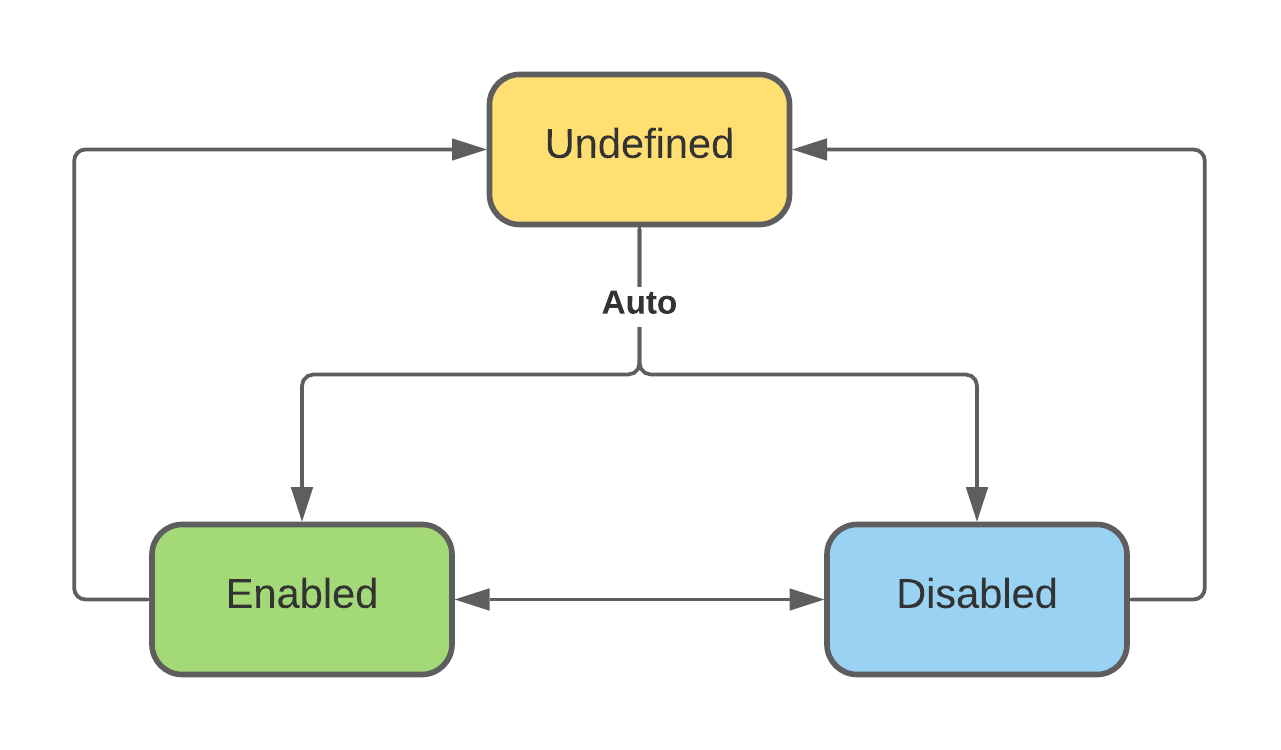Asynchronous injections¶
Providers support asynchronous injections.
import asyncio
from dependency_injector import containers, providers
async def init_async_resource():
await asyncio.sleep(0.1)
yield "Initialized"
class Service:
def __init__(self, resource):
self.resource = resource
class Container(containers.DeclarativeContainer):
resource = providers.Resource(init_async_resource)
service = providers.Factory(
Service,
resource=resource,
)
async def main(container: Container):
resource = await container.resource()
service = await container.service()
...
if __name__ == "__main__":
container = Container()
asyncio.run(main(container))
If provider has any awaitable injections it switches into async mode. In async mode provider always returns awaitable. This causes a cascade effect:
provider1() <── Async mode enabled <──┐
│ │
├──> provider2() │
│ │
├──> provider3() <── Async mode enabled <──┤
│ │ │
│ └──> provider4() <── Async provider ───────┘
│
└──> provider5()
│
└──> provider6()
In async mode provider prepares injections asynchronously.
If provider has multiple awaitable dependencies, it will run them concurrently. Provider will wait until all dependencies are ready and inject them afterwards.
provider1()
│
├──> provider2() <── Async mode enabled
│
├──> provider3() <── Async mode enabled
│
└──> provider4() <── Async mode enabled
Here is what provider will do for the previous example:
injections = await asyncio.gather(
provider2(),
provider3(),
provider4(),
)
await provider1(*injections)
Overriding behaviour¶
In async mode provider always returns awaitable. It applies to the overriding too. If provider in async mode is overridden by a provider that doesn’t return awaitable result, the result will be wrapped into awaitable.
import asyncio
from dependency_injector import containers, providers
async def init_async_resource():
return ...
def init_resource_mock():
return ...
class Container(containers.DeclarativeContainer):
resource = providers.Resource(init_async_resource)
async def main(container: Container):
resource1 = await container.resource()
container.resource.override(providers.Callable(init_resource_mock))
resource2 = await container.resource()
...
if __name__ == "__main__":
container = Container()
asyncio.run(main(container))
Async mode mechanics and API¶
By default provider’s async mode is undefined.
When provider async mode is undefined, provider will automatically select the mode during the next call. If the result is awaitable, provider will enable async mode, if not - disable it.
If provider async mode is enabled, provider always returns awaitable. If the result is not awaitable,
provider wraps it into awaitable explicitly. You can safely await provider in async mode.
If provider async mode is disabled, provider behaves the regular way. It doesn’t do async injections preparation or non-awaitables to awaitables conversion.
Once provider async mode is enabled or disabled, provider will stay in this state. No automatic switching will be done.

You can also use following methods to change provider’s async mode manually:
Provider.enable_async_mode()Provider.disable_async_mode()Provider.reset_async_mode()
To check the state of provider’s async mode use:
Provider.is_async_mode_enabled()Provider.is_async_mode_disabled()Provider.is_async_mode_undefined()
See also:
Wiring Asynchronous injections
Resource provider Asynchronous initializers
